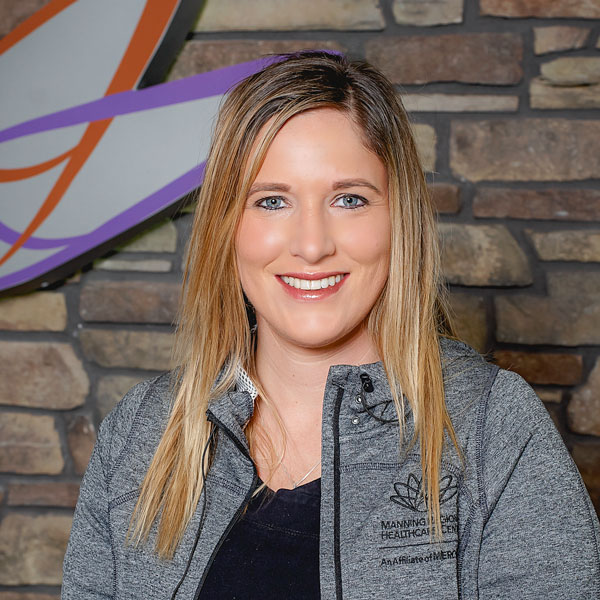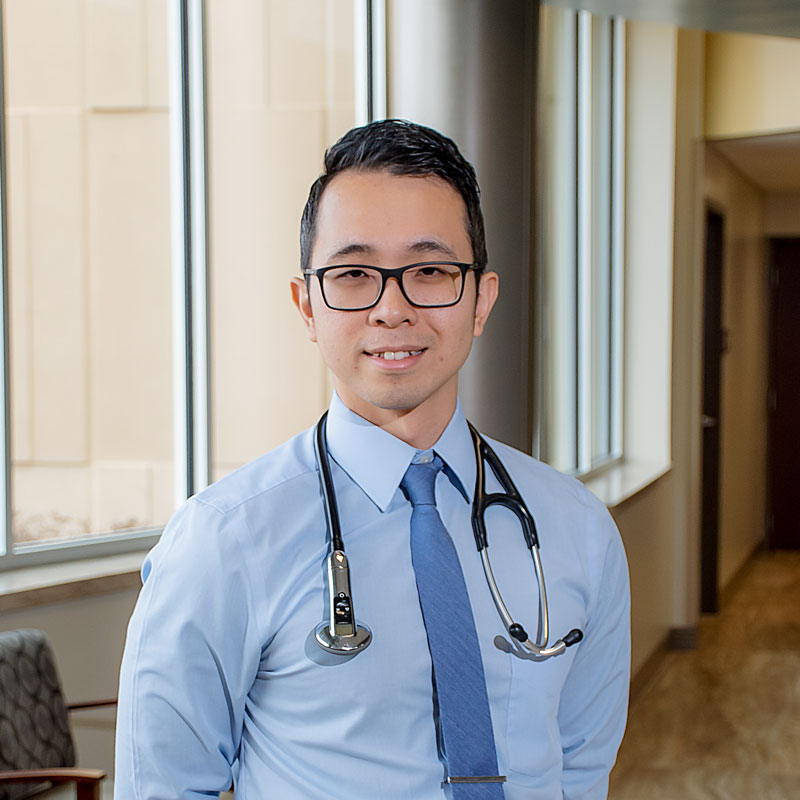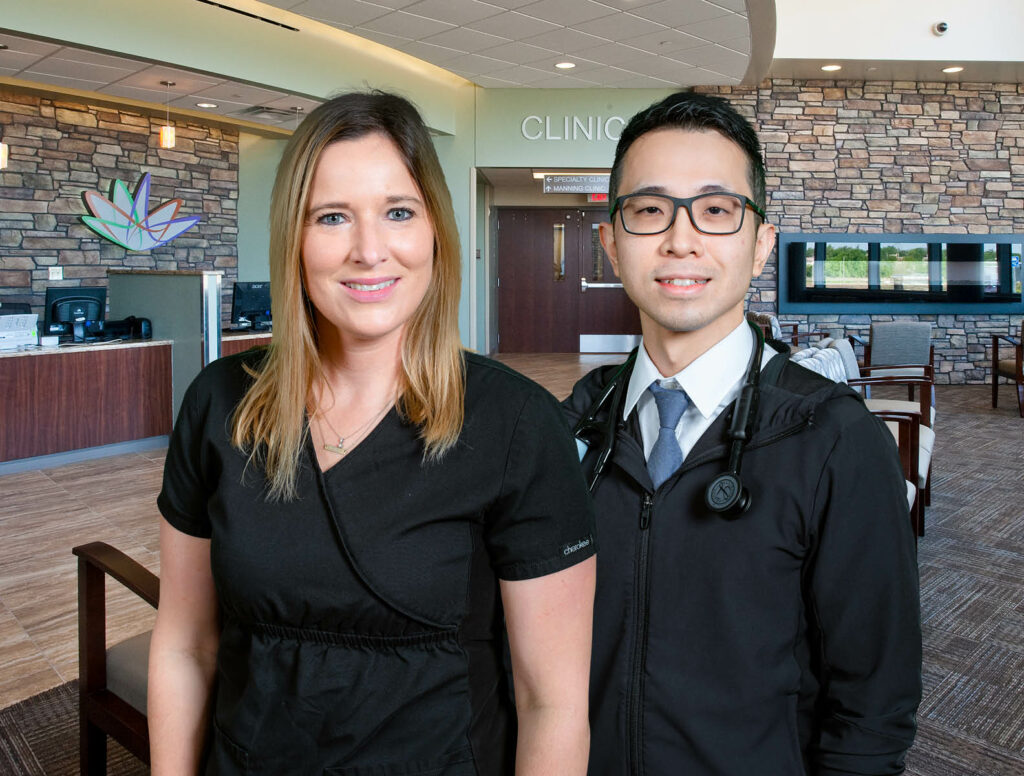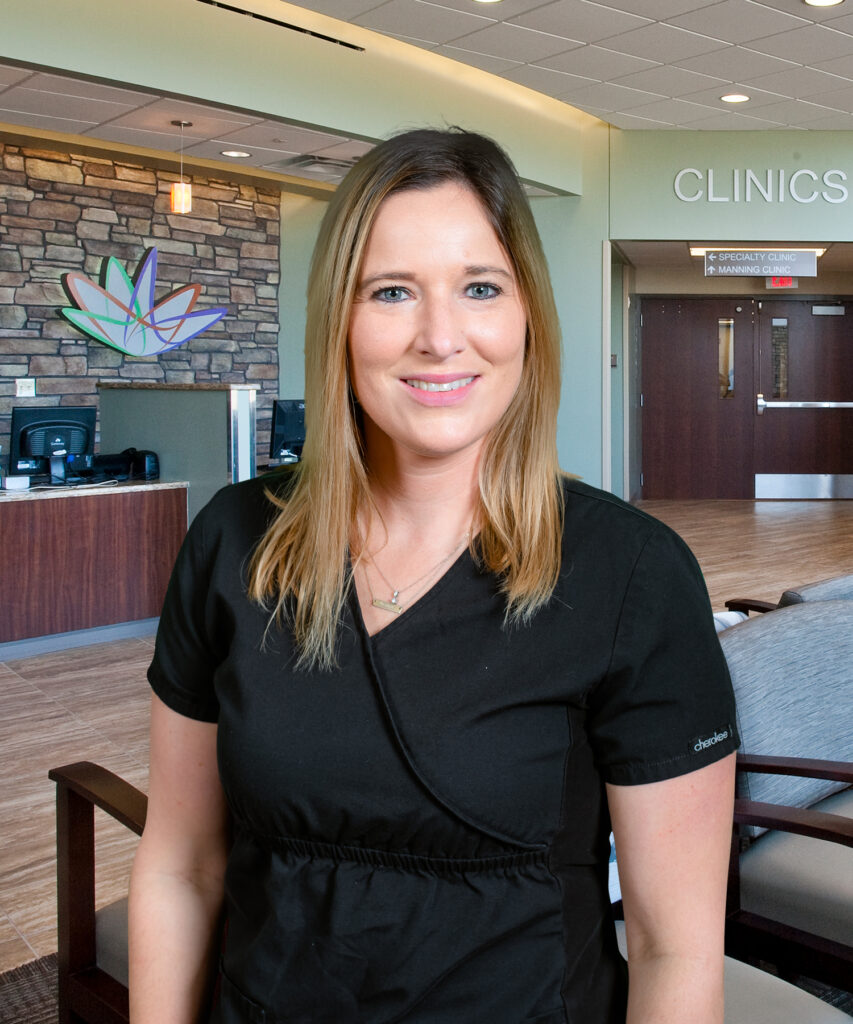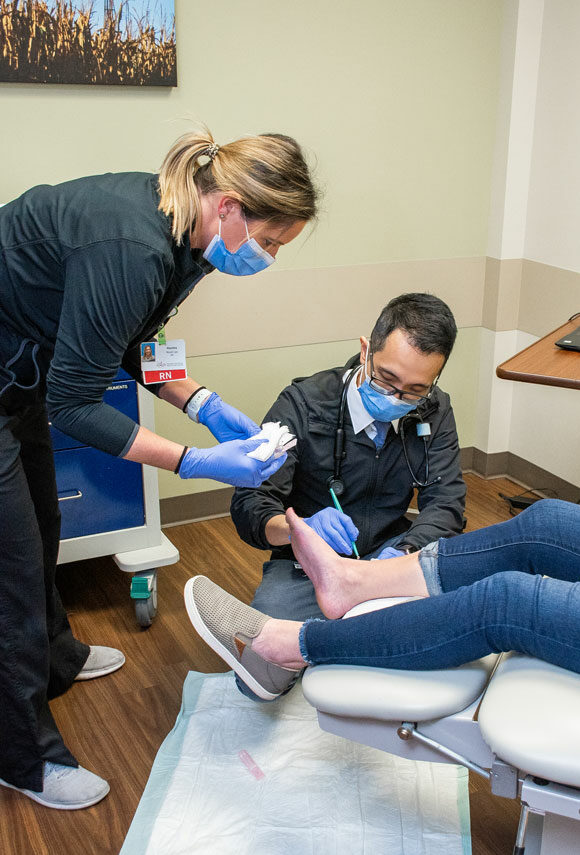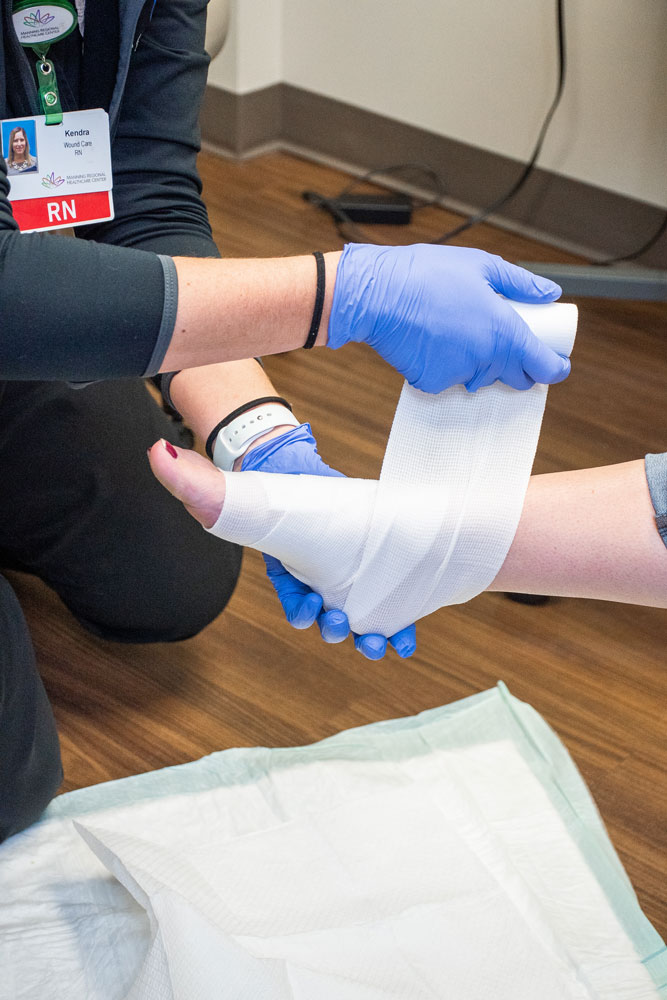Wound Care Clinic
The MRHC Wound Care Clinic is dedicated to healing wounds, preventing lower limb loss, and optimizing outcomes for patients. Sometimes, the simplest of wounds can turn into a significant problem because the body’s normal healing process is affected. A wound that is not healing properly may be complicated by underlying conditions such as diabetes, circulation problems or previous radiation treatment. Other types of hard-to-heal wounds result from pressure, trauma, or infection. Non-healing wounds can have serious health consequences and may adversely affect your quality of life.
Types of Wounds Treated
As a comprehensive wound healing center, we specialize in the treatment of all types of non-healing and difficult-to-heal wounds including
- Diabetic foot ulcers
- Venous ulcers
- Pressure ulcers
- Non-healing, surgical wounds
- Arterial/ischemic ulcers
- Post-radiation injury to tissue or bone
- Traumatic wounds
- Infected wounds
- Crush injuries
- Compromised flaps or grafts
If you or a loved one has a wound that is of concern or is not healing properly, we encourage you to visit the wound center for an evaluation.
Call (712) 655-8100 to learn more about how we can help.
Wound Care Treatment Plans
Our approach to wound care is aggressive and comprehensive, coordinating traditional and advanced therapies and techniques that are proven to reduce healing time and improve healing rates.
Since non-healing wounds rarely result from a single cause, we begin with a thorough evaluation and diagnostic testing to determine the underlying cause of the wound. A treatment plan is then developed to give patients the best chance for healing. Most treatments are covered by Medicare/Medicaid, HMOs, and other private insurance. Depending on the type of wound, the treatment plan may include:
- Infection control
- Restoration of blood flow
- Debridement (removal of dead tissue)
- Offloading
- Skin substitutes
- Compression therapy
- Foot reconstruction
- Skin graft or flap
What Can Our Wound Care Patients Expect?
Your course of treatment depends on what type of wound you have. During your first visit, our staff will evaluate your wound and review your medical history. You may also need special tests that give us information about circulation and infection. This will help to determine what course of treatment you will need.
Once a treatment plan has been prescribed, you will visit the wound healing center weekly for specialized treatments and documentation of your healing progress. Keeping appointments and following directions are critical to attaining a positive healing outcome. Some things you can do to assist with your healing:
- Care for your wound at home as directed by the wound care team
- Take medications as directed
- Return for your follow-up appointments
- Keep regular appointments with your primary care physician while you are receiving wound care treatment
Following your treatment plan is the single most important factor in your healing. Please don’t hesitate to contact us at (712) 655-8100 to learn more about our treatment plans. We’re happy to clarify anything you feel uncertain about regarding the wound care treatment process.
